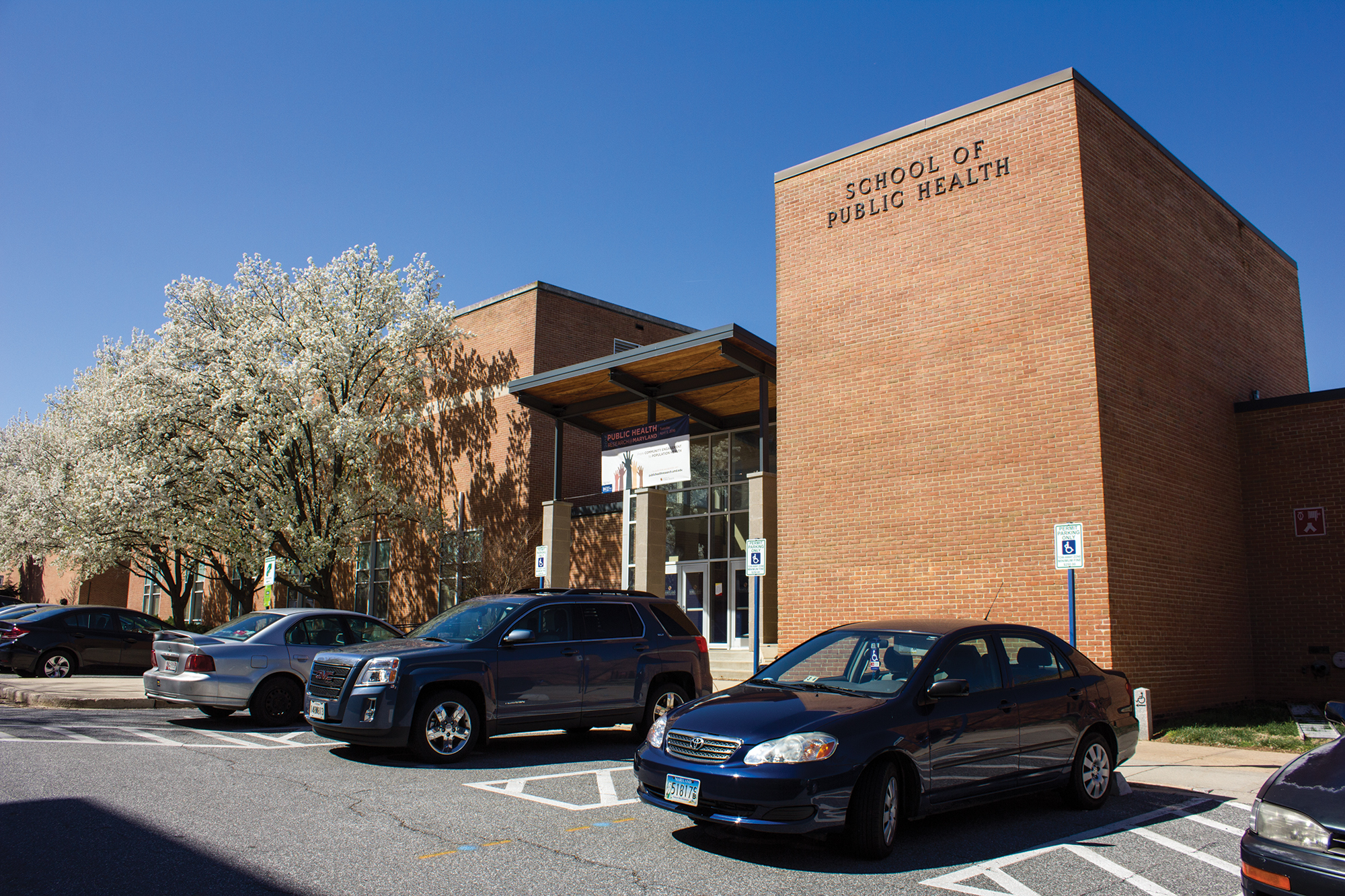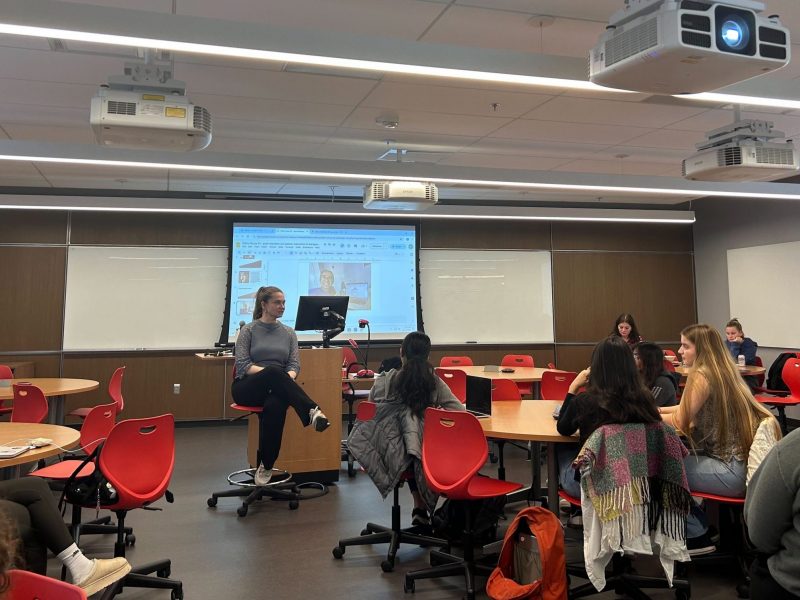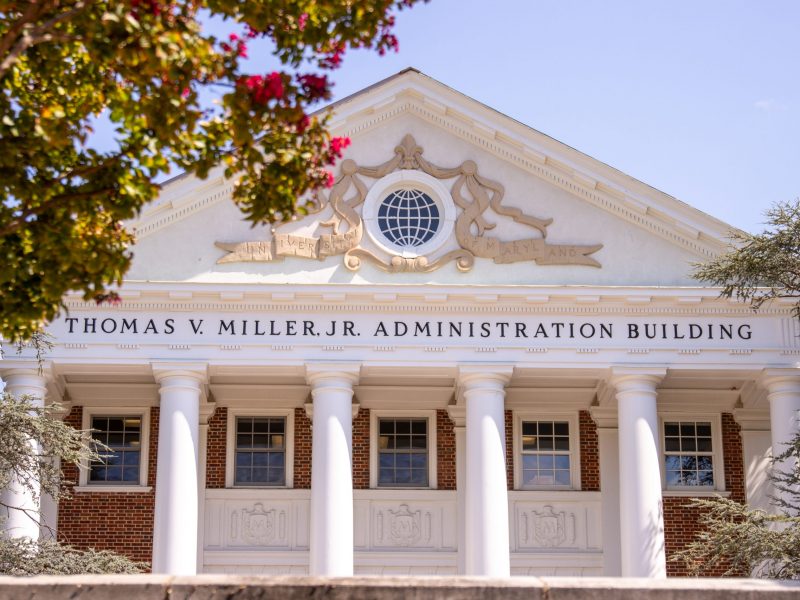A University of Maryland researcher was awarded a $3.6 million grant to study the effect of exercise on those at risk for Alzheimer’s disease.
Carson Smith, a kinesiology professor, received the five-year grant from the National Institutes of Health to conduct trials on adults over 60 who face a greater risk of the disease.
“Hopefully, we will be able to show that exercise training helps improve brain function over time,” Smith said. “If that’s the case, it may not prevent the disease from happening, but it could delay the onset of the disease in people who are more at risk.”
Stephen Roth, associate dean of academic affairs for the public health school and co-researcher, said there is a relatively common gene that increases susceptibility for Alzheimer’s — and about 15 percent of the human population carries it. Roth is also a kinesiology professor in the school.
[Read more: A UMD team won $20,000 for its Alzheimer’s-detecting device]
These trials will consist of healthy individuals with the risk gene and individuals who have an increased risk due to family history, both of whom do not currently show any signs of emerging Alzheimer’s disease. People who do not have a higher susceptibility to the disease will participate in the trials as well.
“Right now there is no treatment for people at risk of Alzheimer’s disease, so there is very little for them to be able to do to reduce their risk,” Roth said. “The good thing about the disease is it comes relatively late in life for most people, so if we can delay the symptoms by 10 years just through the low-cost solution of exercise, that could be huge.”
While there is no exact date yet for when the trials will start, they should begin sometime in early 2018, Smith said. About 150 people will participate in the trials during the next five years. Each trial will last six months and the individual has to participate in one-hour exercise sessions four days a week.
There will be two different exercising groups: a treatment group that will be based on aerobic exercises and a control group that will be based on flexibility exercises.
[Read more: UMD institute will use a $17 million grant to increase food safety efforts]
Aerobic exercises, such as running on a treadmill, aim to increase an individual’s heart rate and speed up blood flow. Flexibility exercises, which include squats and other stretching exercises, are calmer. Both groups will consist of both members who are at a higher risk of the disease and others who are not.
Individuals will receive an MRI scan before and after the trial as well. This will assess any changes in how the brain reacts when trying to remember things and if there is any change in brain structure, among other measures.
The intervention is community-based, said Lauren Weiss, a doctoral student in the neuroscience and cognitive science program.
The researchers hope to hold classes at different community centers “that people can go to just like they would any other exercise class,” said Weiss, who has worked with Smith on various research projects for several years.
Researchers will carefully monitor all aspects of the training to ensure that participants do not overexert themselves during exercises, Roth said.
One of the research goals is to give people realistic exercise objectives they can do themselves, which is why the trials are designed so each individual will be in a specific, but healthy, heart rate range while exercising, Roth added.
“It’s going to be a lot of work, but it’s really exciting to have the resources to do this project,” said Weiss, who wants to continue her involvement with this research after she graduates in two years. “It can have some really great impacts on how we understand the effect of exercise on Alzheimer’s and it’s great to be a part of this.”



